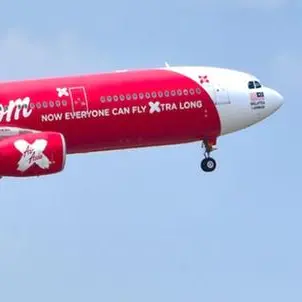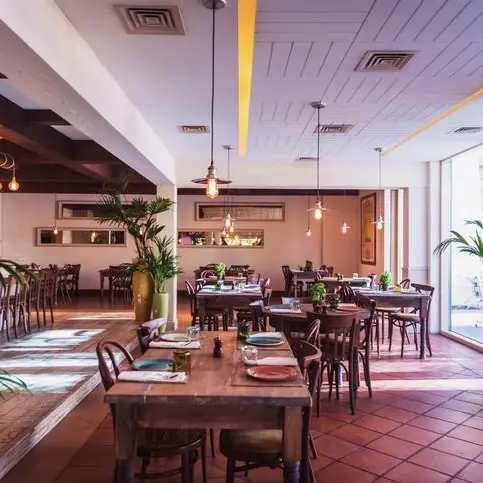A total of BD165 million is owed on utility bills to the Electricity and Water Authority (EWA), it has been revealed.
Electricity and Water Affairs Minister Wael Al Mubarak told MPs yesterday that several initiatives – administrative and legal – had been launched to recover the outstanding amount.
Households with outstanding bills are offered a flexi instalment payment system of up to 10 years while the commercial sector can opt for an 18-month instalments payment system.
MPs claimed that the increased utility rates since 2019 has driven the commercial sector to incur 81 per cent additional costs while the real estate sector has seen a 21pc drop in business and the sale of commodities has gone down by 6pc.
“Last year, the government supported electricity and water consumption rates with BD140m and that is set to continue,” said Mr Al Mubarak.
“Out of it BD118m went to support Bahrainis in their first homes while BD22m was used to support the commercial sector.
“The initiative by His Royal Highness Prince Salman bin Hamad Al Khalifa, Crown Prince, Deputy Supreme Commander and First Deputy Premier, for the government to absorb the five per cent Value-Added Tax (VAT) on utility bills through a Cabinet decision comes as we work for the best public interest.
“The cost of electricity is 29fils per unit and we are offering at 3fils so we are covering 90pc of the cost; the increase in the tariff doesn’t mean it is the only approach as we are seeking to reduce production costs using alternative methods like renewable energy.
“The GCC electricity network, which is still under study, will benefit us and all member states as it would open national networks and create a new market.”
Mr Al Mubarak said new strategies are being implemented to meet the challenges posed by increased production costs and a surge in population.
He said the annual consumption of electricity is 17.3 million kilowatts and that of water is 186.3m cubic metres.
The minister added that the authority, which has assets worth BD1.3 billion, manages 442,380 residential, industrial, investment and commercial accounts.
However, the minister said a surge in population has led to a demand for more services. Measures for efficient use of available resources include reducing the use of natural gas, phasing out low standard electricity and water meters, private sector partnership for production, and introducing smart systems and upgrading networks to reduce conventional spending and manpower costs.
Since 2016, electricity and water rates have been increasing annually, with the final increase enforced in March last year as part of a series of austerity measures adopted by the government in 2015 to offset the drop in oil prices.
Consumers in Bahrain also started paying VAT on the utility bills, among other products and services, from January 1 last year. In January 2018, petrol prices were increased with the price of premium Mumtaz (95 octane) fuel rising from 160 fils to 200 fils per litre, and cheaper Jayyid (91 octane) fuel costing 140 fils per litre from 125 fils.
© Copyright 2019 www.gdnonline.com
Copyright 2020 Al Hilal Publishing and Marketing Group Provided by SyndiGate Media Inc. (Syndigate.info).




















